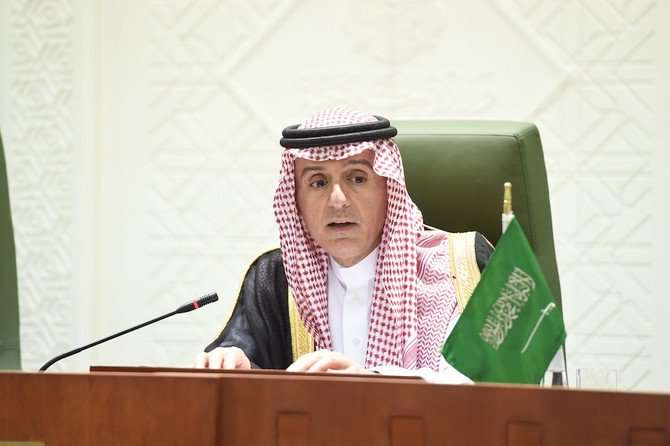Asked what his country will do if Iran restarts its nuclear program, Adel Al-Jubeir told CNN's Wolf Blitzer that "we will do whatever it takes to protect our people. We have made it very clear that if Iran acquires a nuclear capability we will do everything we can to do the same."
Asked to clarify whether that means the kingdom will work to acquire its own nuclear capability, al-Jubeir said, "That's what we mean." He also praised President Donald Trump's announcement Tuesday that the US was quitting the Iran nuclear deal.
"We believe the nuclear deal was flawed," al-Jubeir said, criticizing portions of the agreement that expire and the fact that its scope is limited to nuclear issues. "We believe the deal does not deal with Iran's ballistic missile program nor does it deal with Iran's support for terrorism."
While Trump's decision has pleased allies in Israel and Persian Gulf countries like Saudi Arabia, it pits the US against its closest European allies, leaves the future of Tehran's nuclear ambitions in question and raises the prospects of a regional arms race.
"As long as Iran was constrained and closely inspected, the Saudis could afford to put off their nuclear ambitions," Mark Fitzpatrick, executive director of the American branch of the International Institute for Strategic Studies, said on Tuesday.
"Now their calculations change. ... Trump's rejection of the diplomatic solution to the Iran nuclear crisis undermines multilateral diplomacy and the very underpinnings of the nuclear order. It gives a new writ to nuclear lawlessness, since Iran's having abided by the agreed rules will be proven to have been in vain."
Energy-rich Saudi Arabia, a fierce regional foe of Iran's, is already seeking US help in starting a nuclear program of its own, giving rise to concerns that it might be trying to compete with Iran's nuclear program and create its own nuclear weapons program.
The White House has been pursuing a deal to sell nuclear reactors to Riyadh despite the kingdom's reluctance to accept stringent restrictions against nuclear proliferation, including uranium enrichment.
Under its new crown prince, Mohammed bin Salman, the kingdom has begun pursuing a markedly more aggressive foreign policy designed in large part to counter Tehran, and has quietly aligned itself more closely with Israel.
Bin Salman has developed close relations with the Trump White House, courting the President's son-in-law and adviser, Jared Kushner, in particular.
During a visit to Washington, bin Salman told CBS that it wanted the program for peaceful purposes, despite its reluctance to accept constraints on uranium enrichment, a step in the production of nuclear weapons.
"Saudi Arabia does not want to acquire any nuclear bomb, but without a doubt, if Iran developed a nuclear bomb, we will follow suit as soon as possible," bin Salman said.
More about: Saudi-Arabia
















































